A lot of people think that spray foam insulation is the best way to keep heat in. It can keep air and wetness out of your house, which can save you money on your energy bills and stop mold from growing. When you mix isocyanate and polyol glue, they grow when they come into touch with each other and make a protective barrier. It is important to think about both the pros and cons of spray foam insulation when you are thinking about improving or adding a new one.
On the positive side, it can have a higher R-value per inch than other types of insulation, which means it works better. This feature not only makes your home more energy-efficient, but it can also help you save a lot of money on cooling and heating costs. Because the material can close off even the smallest cracks and holes, air loss is cut down, which is a problem that other types of insulation often have.
Still, it's important to think about the cons. Installation can be harder to do and usually needs a professional, which can raise the cost upfront. Also, using spray foam incorrectly can cause issues over time. For example, not enough airflow and possible health issues from the chemicals that escape. If you want to know if spray foam insulation is the one you need, let's go over the pros and cons.
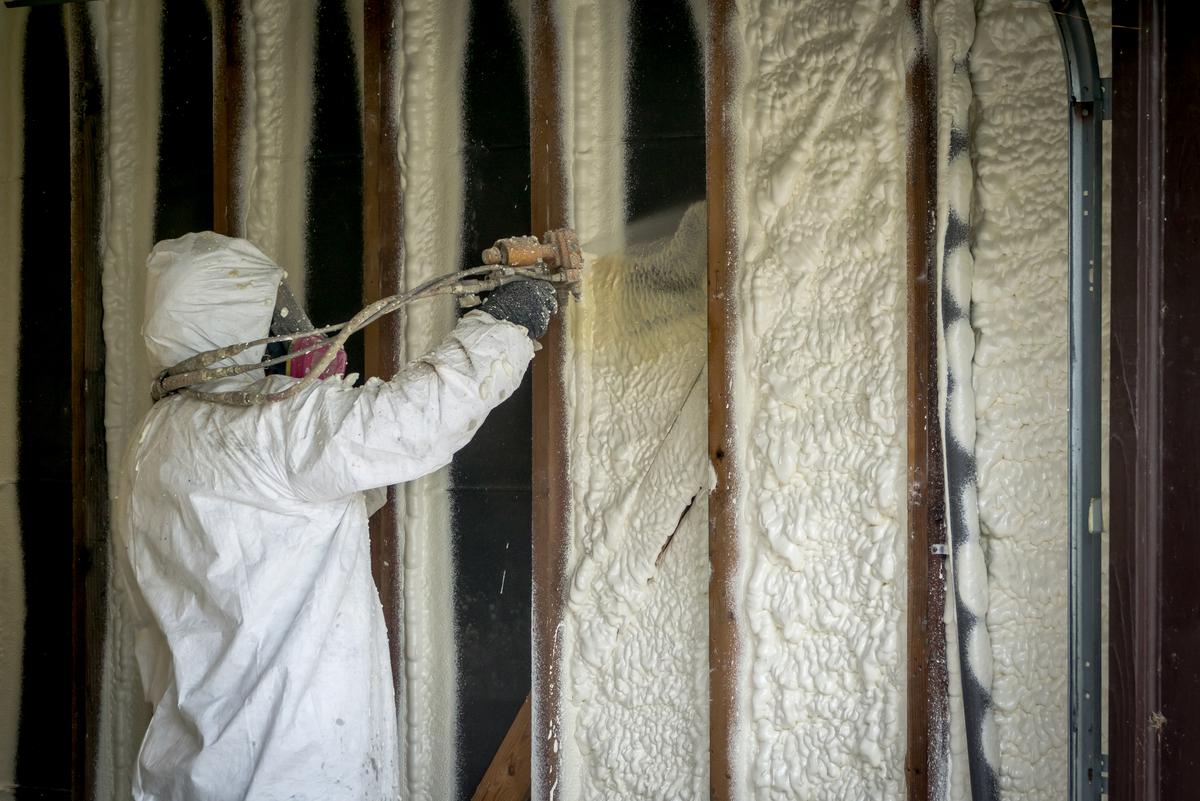
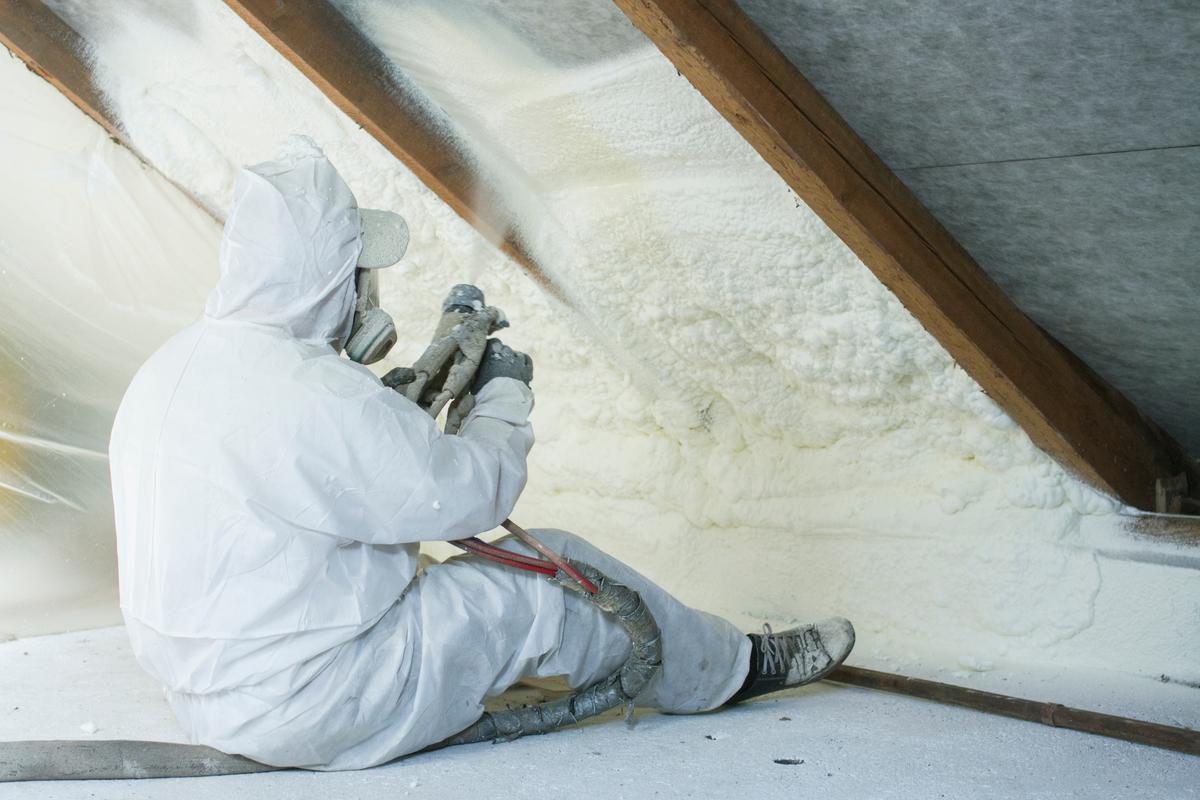
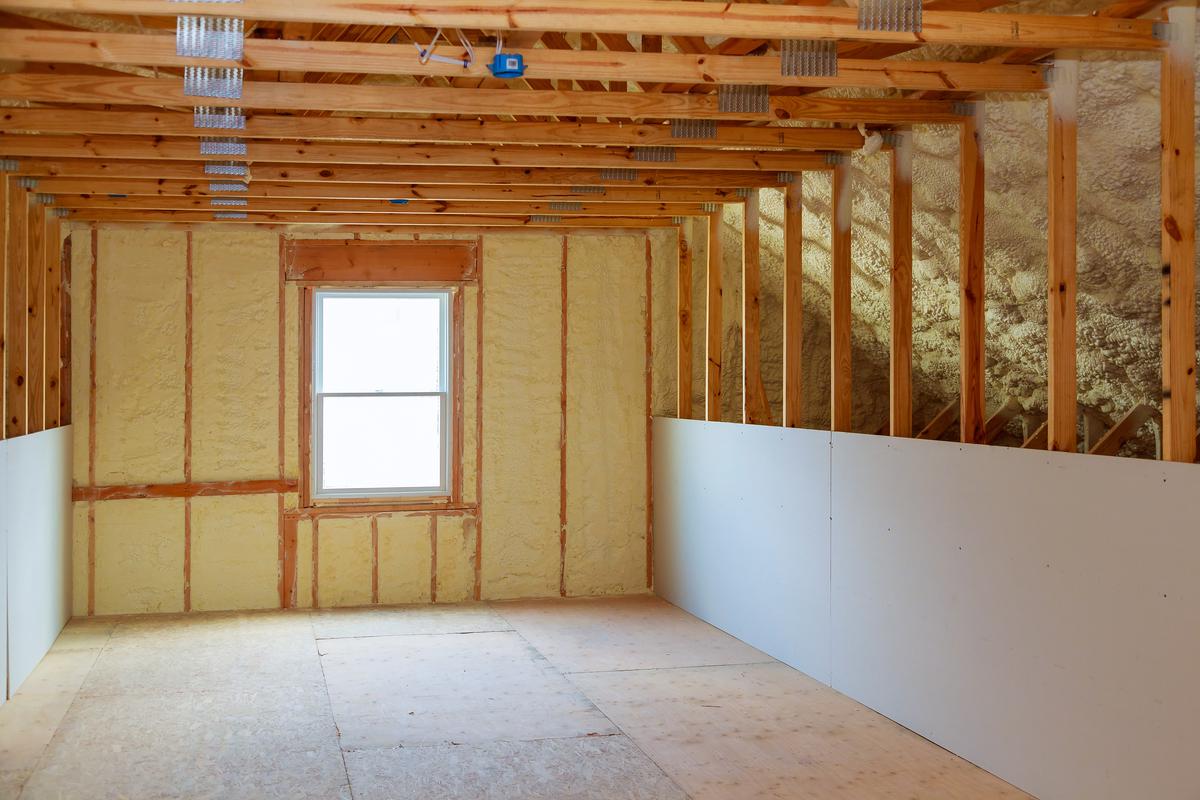


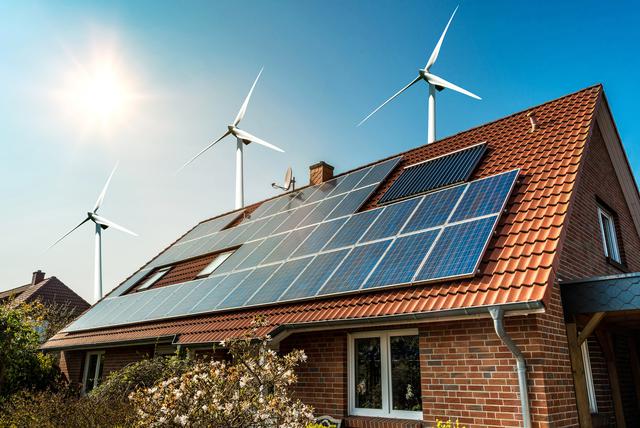
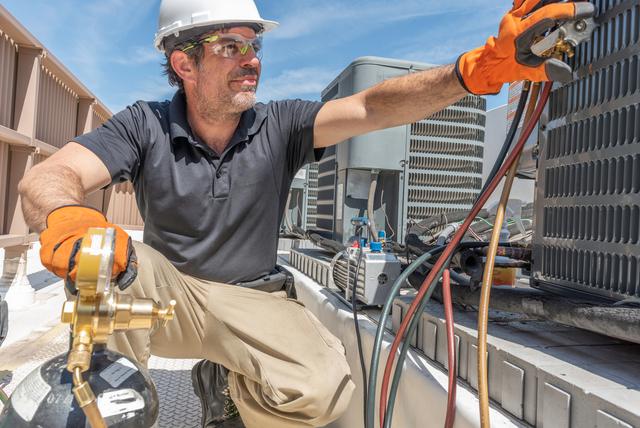
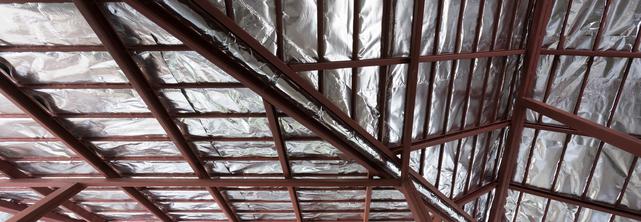
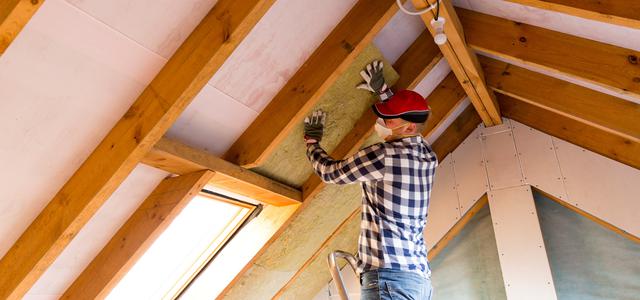
comments